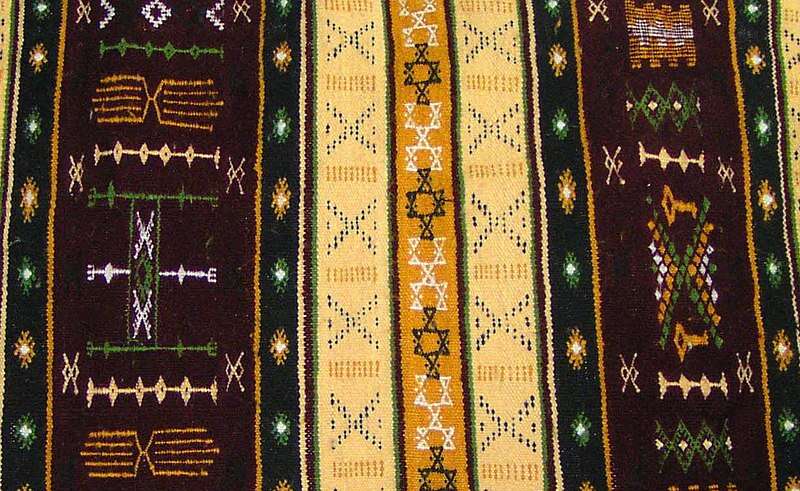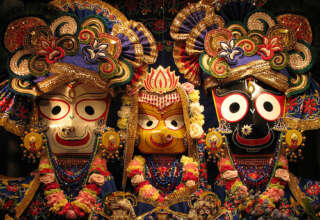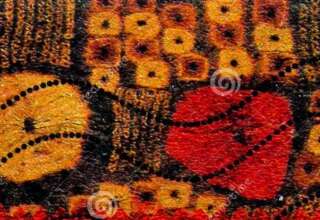
Culture
The culture of Tunisia is mixed due to its long-established history of outside influence from people, such as Phoenicians, Romans, Vandals, Byzantines, Arabs, Siculo-Normans, Turks, Italians, Maltese and the French, who all left their mark on the country. After independence in 1956, the art movement in Tunisia was propelled by the dynamics of nation-building and by artists serving the state. Tunisian literature exists in two forms: Arabic and French. Arabic literature dates back to the 7th century with the arrival of Arab civilization in the region. It is more important in both volume and value than French literature, which was introduced during the French protectorate from 1881. At the beginning of the 20th century, musical activity was dominated by the liturgical repertoire associated with different religious brotherhoods and secular repertoire, which consisted of instrumental pieces and songs in different Andalusian forms and styles of origins, essentially borrowing characteristics of musical language.
Football [soccer] is the most popular sport in Tunisia. The Tunisia national football team, also known as “The Eagles of Carthage”, won the 2004 African Cup of Nations (ACN) as hosts. They also represented Africa in the 2005 FIFA Cup of Confederations, which was held in Germany, but they could not go beyond the first round.




